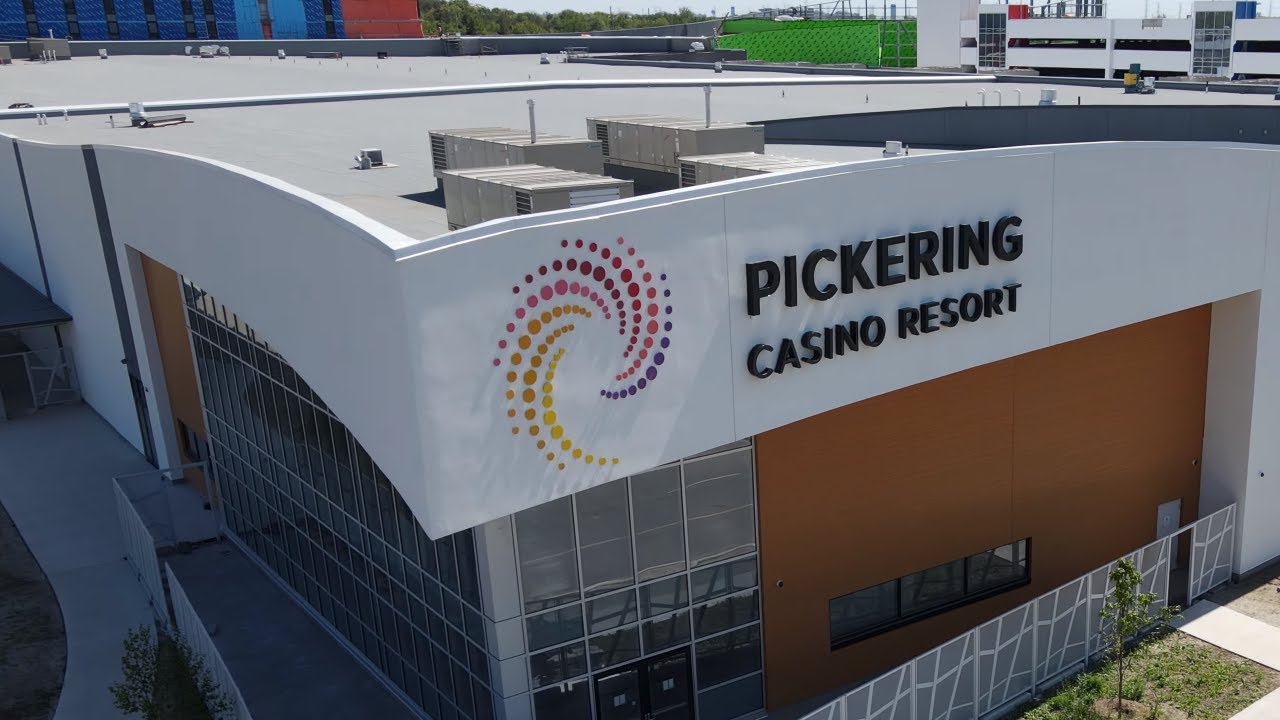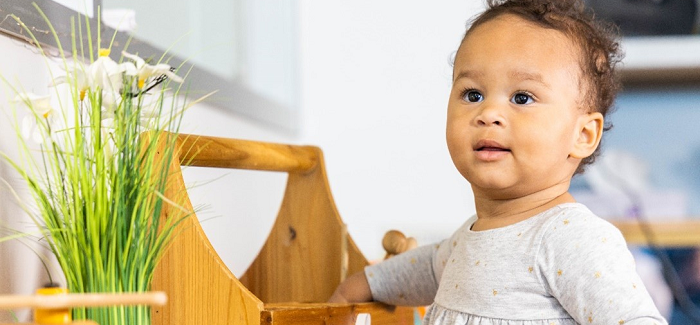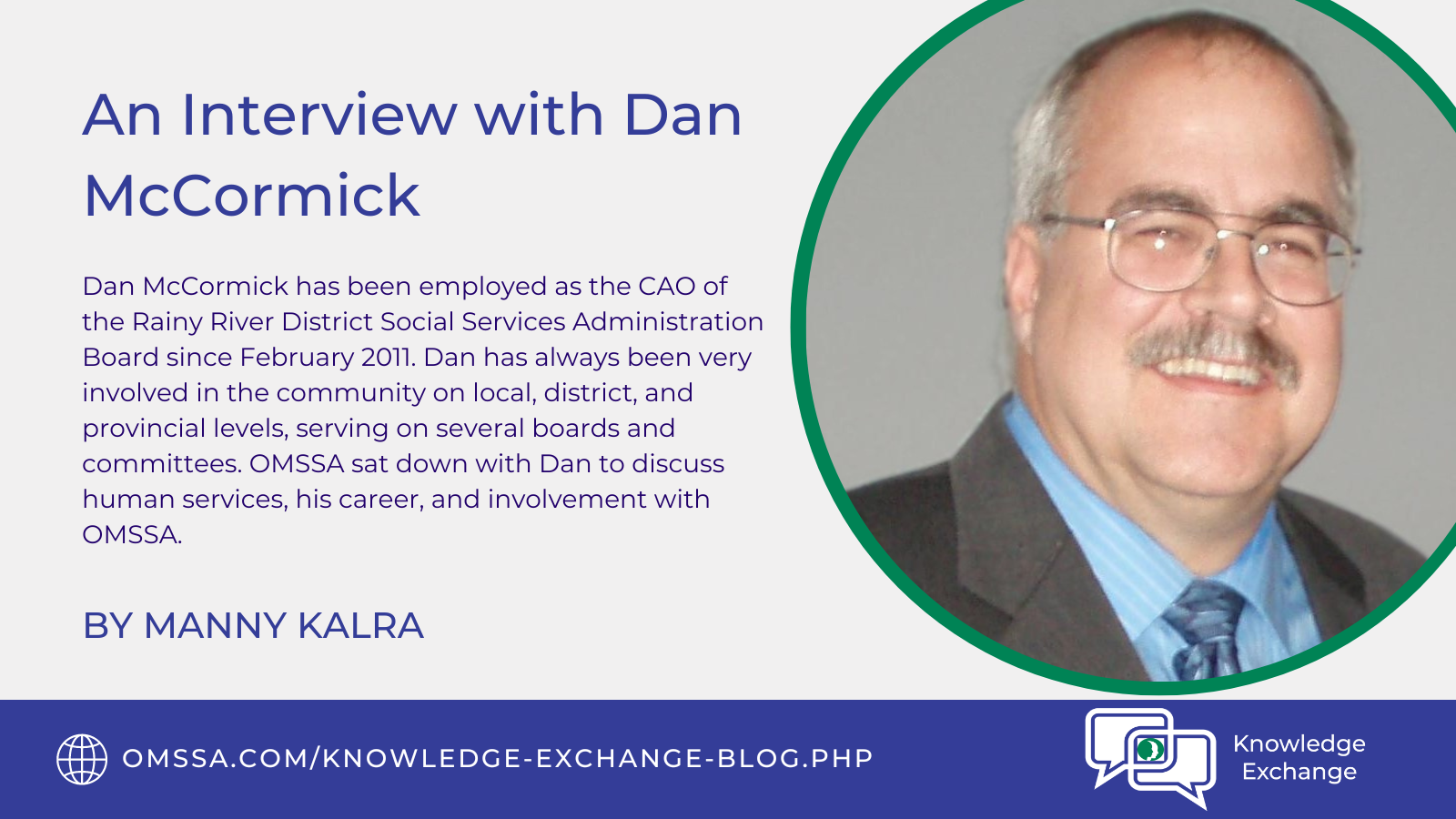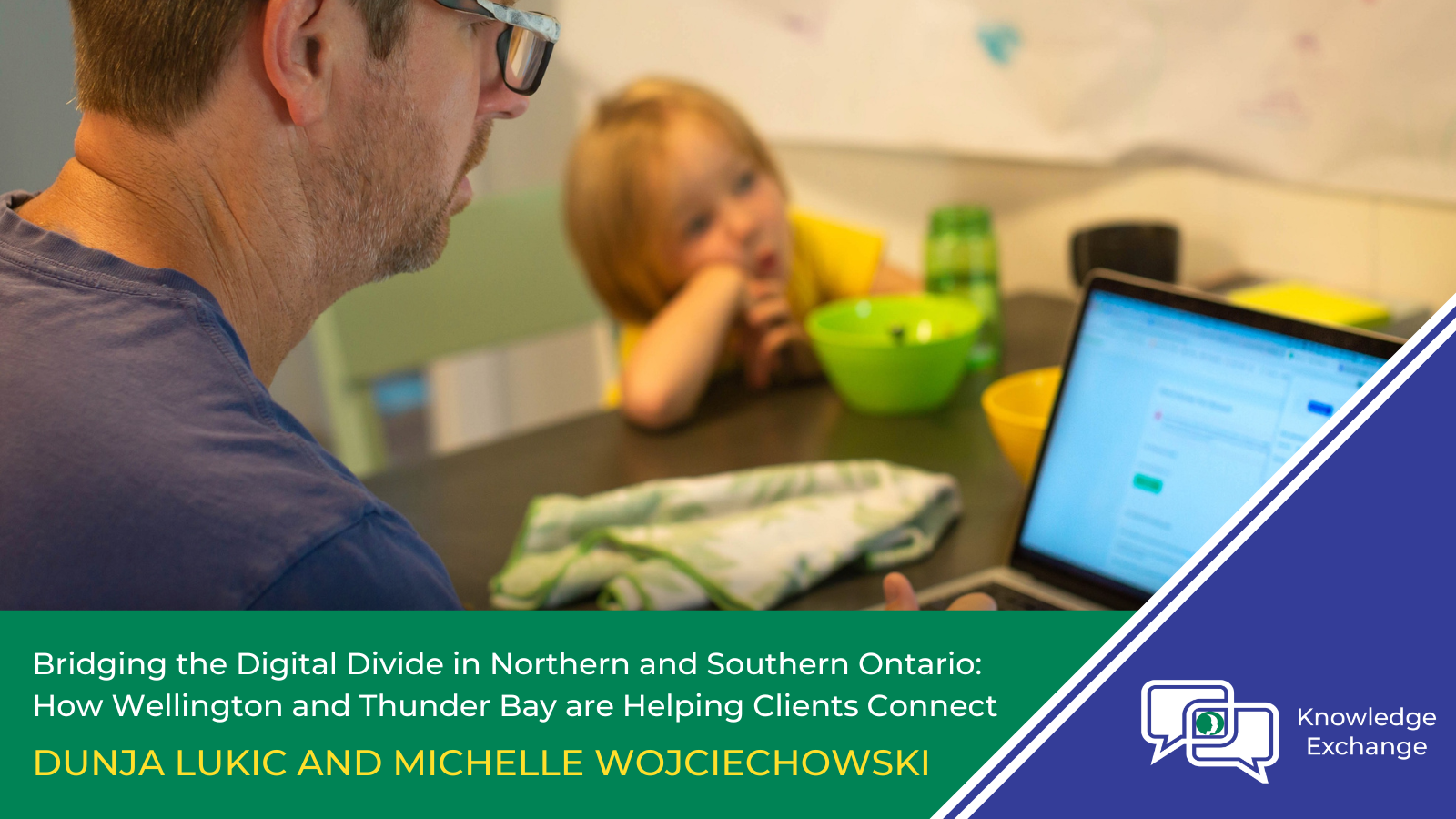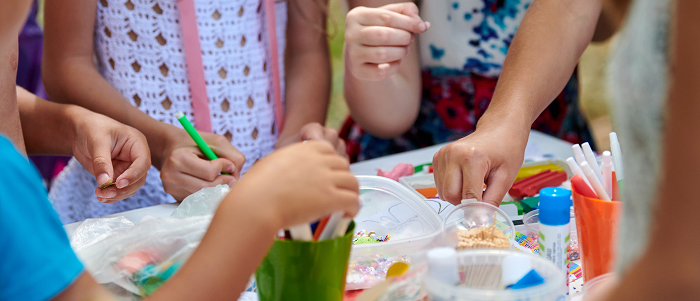OMSSA’s Forum was held virtually over two mornings on September 26 and 27. This year we were joined by 363 participants from all over the province, including 38 Member and 15 Non-Member organizations. With the format of this event being virtual we were able to feature a variety of speakers from New Zealand, Sweden, Norway, Belgium, Wales, Scotland, Washington, Texas, Northwest Territories, British Columbia, and Alberta. Hearing from these perspectives it was clear that many jurisdictions are facing challenges similar to what OMSSA Members are facing on a day-to-day basis. In developing a conference drawing on speakers from outside Ontario, our goal was to create sessions where attendees could learn about unique approaches and solutions that can inform and corroborate the work being done by CMSMs and DSSABs.





